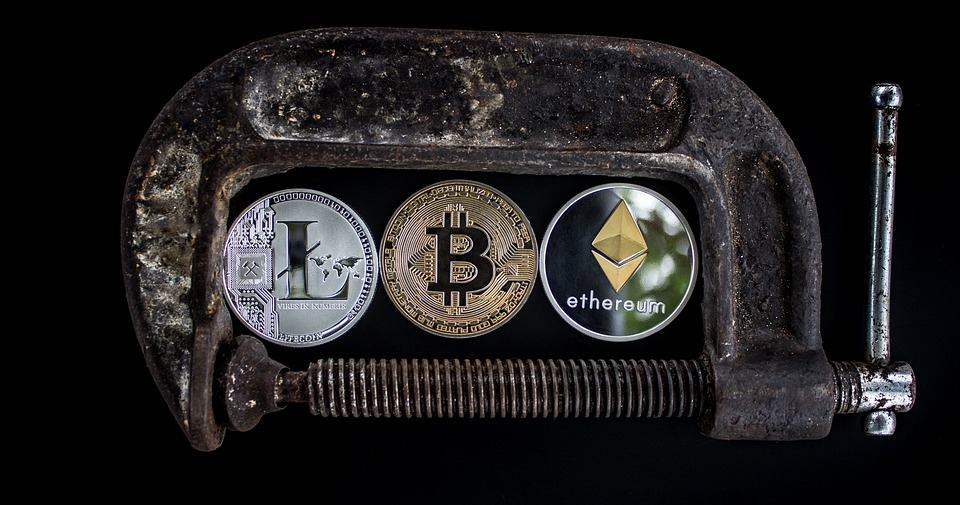Bitcoin vs. Traditional Currency: A Comparison
Bitcoin, the world’s first decentralized digital currency, has been a hot topic of discussion in recent years. As a form of currency that exists solely in the digital realm, Bitcoin has generated a great deal of excitement and skepticism among investors, economists, and policymakers alike. In this article, we will compare Bitcoin to traditional currency and explore the benefits and drawbacks of each.
Bitcoin, created in 2009 by an unknown person or group of people using the pseudonym Satoshi Nakamoto, operates on a peer-to-peer network and uses blockchain technology to record transactions. Unlike traditional fiat currencies, such as the US dollar or euro, Bitcoin is not controlled by any central authority, such as a government or central bank. Instead, Bitcoin transactions are verified by network participants through cryptography and recorded on a public ledger known as the blockchain.
One of the key advantages of Bitcoin is its decentralized nature. Because it is not controlled by any single entity, Bitcoin offers greater privacy and security than traditional currency. Users can send and receive Bitcoin without having to provide personal information, making it an attractive option for those who value anonymity. Additionally, the blockchain technology underlying Bitcoin ensures that transactions are secure and cannot be altered after they are recorded.
Another benefit of Bitcoin is its limited supply. Unlike traditional currencies, which can be inflated by central banks printing more money, Bitcoin has a fixed supply of 21 million coins. This scarcity has led to a rise in the value of Bitcoin over time, making it a popular investment option for those seeking to hedge against inflation.
However, Bitcoin also has its drawbacks. One of the main criticisms of Bitcoin is its volatility. The price of Bitcoin can fluctuate dramatically in a short period of time, making it a risky investment for those who are not prepared to weather market fluctuations. Additionally, because Bitcoin is not backed by any physical asset or government guarantee, it is not as stable as traditional currency.
In contrast, traditional currency has the backing of a government or central bank, which can provide stability and a certain level of trust for users. Traditional currency is widely accepted for transactions and is regulated by financial institutions, making it a more familiar and secure option for many people.
In conclusion, Bitcoin and traditional currency each have their own unique advantages and disadvantages. While Bitcoin offers greater privacy, security, and limited supply, it also comes with higher volatility and risk. Traditional currency, on the other hand, provides stability and trust but is subject to inflation and government control. Ultimately, the choice between Bitcoin and traditional currency depends on individual preferences and risk tolerance. As the cryptocurrency market continues to evolve, it will be interesting to see how Bitcoin and traditional currency coexist and compete in the global financial landscape.




